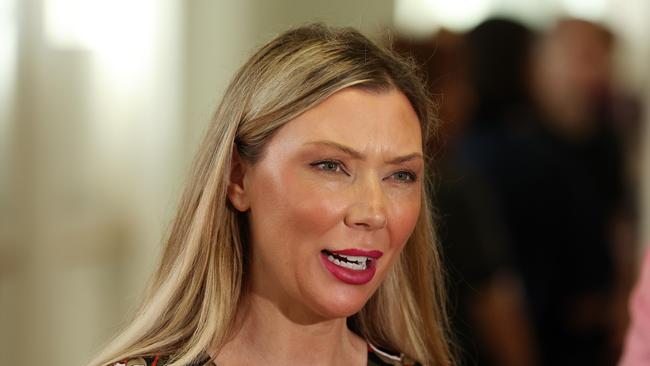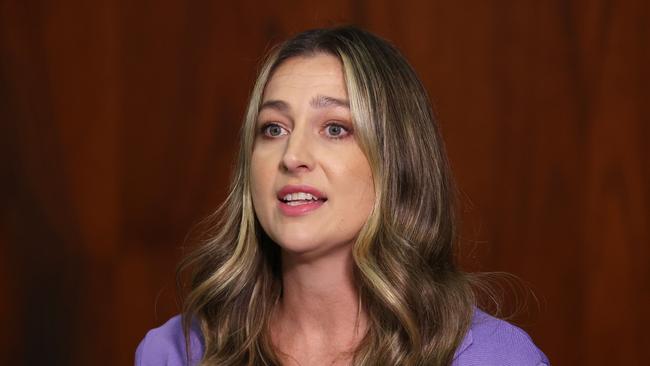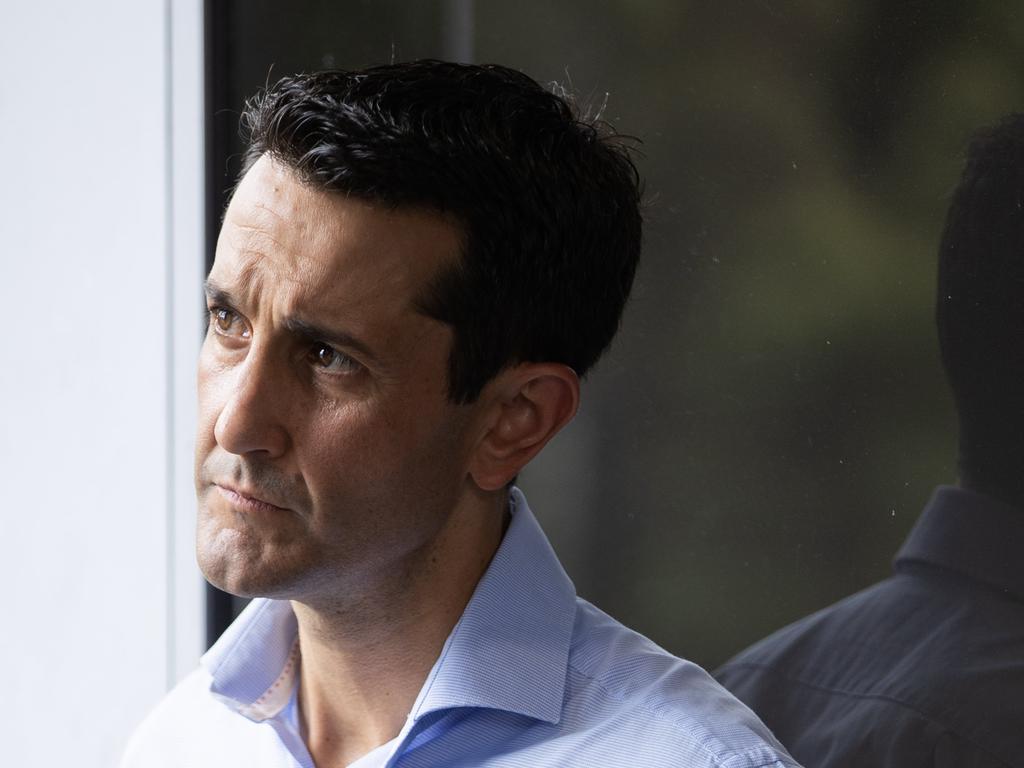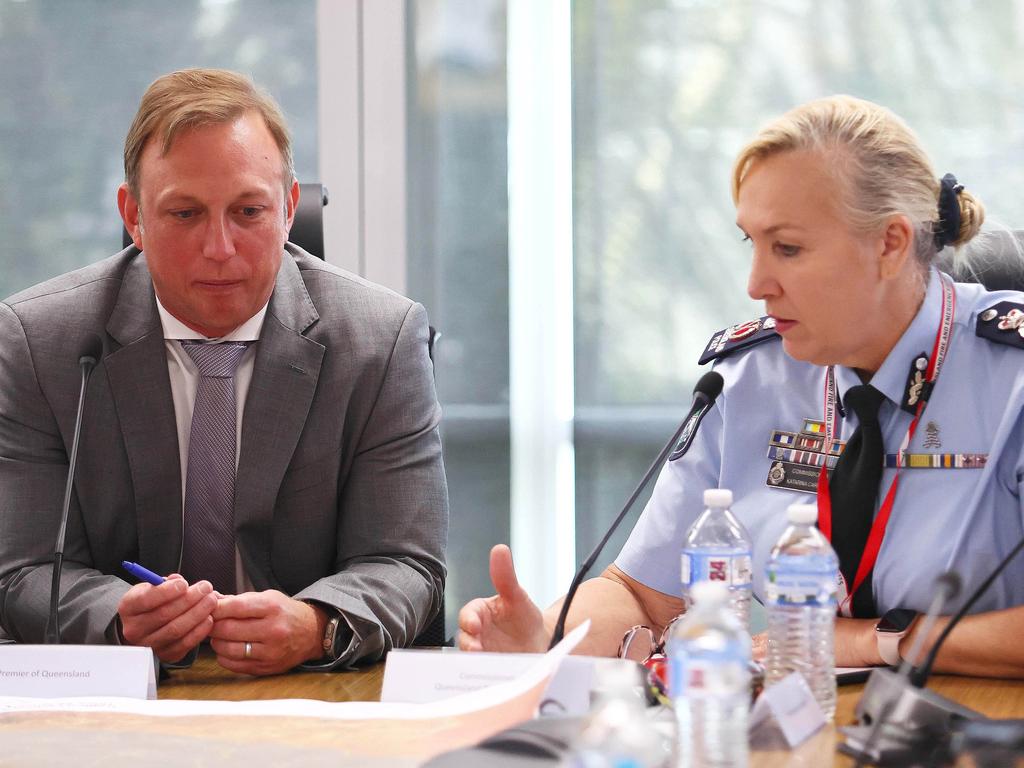Labor backbenchers want ‘greater regulation’ on media reporting ahead of Queensland election
Labor MPs are pushing the Miles government to investigate restricting the media’s reporting on Queensland’s youth crime crisis as the committee tasked with fixing problem collapses.

Premier Steven Miles has rejected a push from his backbench to investigate restricting the media’s reporting on Queensland’s youth crime crisis ahead of the October state election.
Draft recommendations put forward by Labor MPs on a powerful parliamentary committee tackling spiralling juvenile crime suggests “greater regulation” on media reporting.
The committee was disbanded on Wednesday night after its Independent chair Sandy Bolton told parliament her position had become “untenable” with Labor and LNP MPs deadlocked over its interim report to government.
A draft version of the report, seen by The Australian, recommended the state government “look into the impact of media and social media reporting of crime and any impacts it may have on encouraging offenders, reducing community safety and perceptions of safety and any impacts on the delivery of victim support”.
“Some members consider that greater regulation of traditional news media could assist in preventing the glorification of young offenders, which can encourage their peers to offend,” the draft report read.
The final interim report, released on Thursday, recommends “examining the impact of social media and traditional news media on youth offending and community perceptions of safety” as a priority for further consultation.
The push follows a failed attempt by the state Labor government to pass laws ahead of the 2020 state election to restrict journalists reporting corruption complaints.
Crime is a major political problem for Labor, with the number of hardcore recidivist teenage criminals growing in recent years. In last month’s Newspoll, crime was ranked as the second vote-deciding issue in Queensland after the cost-of-living.
Mr Miles on Thursday said he had “no intention whatsoever to further regulate traditional media”.

“What I’ve indicated, in fact, is that we will provide media with greater access to the courts, that we do want to see ongoing scrutiny of our institutions,” he said.
Labor MP Jonty Bush, who before entering parliament was a high-profile advocate for victims of homicide and their families after the killings of her father and sister, said responsible reporting was essential in the investigation and prosecution of crime but media agencies could be “more sensitive”.
Ms Bush said a television network had aired images of her sister’s bloodied body being wheeled from the hotel into an ambulance after she was stabbed to death by her boyfriend in 2000.
“Our family and my sister’s teenage friends were exposed to those images repeatedly until finally the network agreed and to remove it and for many victims of serious and violent crime, this is their story also,” she told parliament.
“So while I have a deep respect and appreciation for the media, and while I acknowledged the many caring professionals, there are times when networks get it wrong.”
The youth crime committee was dissolved after a fiery debate on Wednesday night with Labor and LNP MPs blaming each other for using the bipartisan process to advance their own political agendas.
The LNP’s Laura Gerber, a former federal prosecutor, said she could not support the interim report because of recommendations that would regulate media reporting on youth crime.
“The LNP would not, could not, put their names to a report that was going to gag the media,” she said.
“They want to control the recommendations, they want to control the narrative and, guess what? They want to control the media, too.”








To join the conversation, please log in. Don't have an account? Register
Join the conversation, you are commenting as Logout